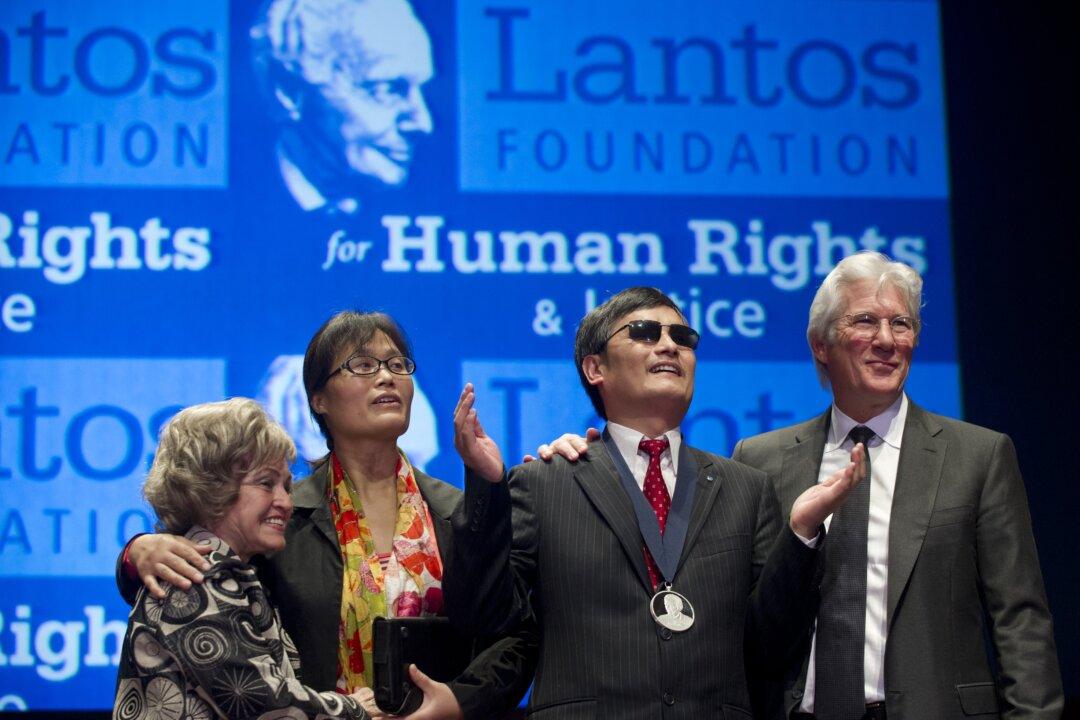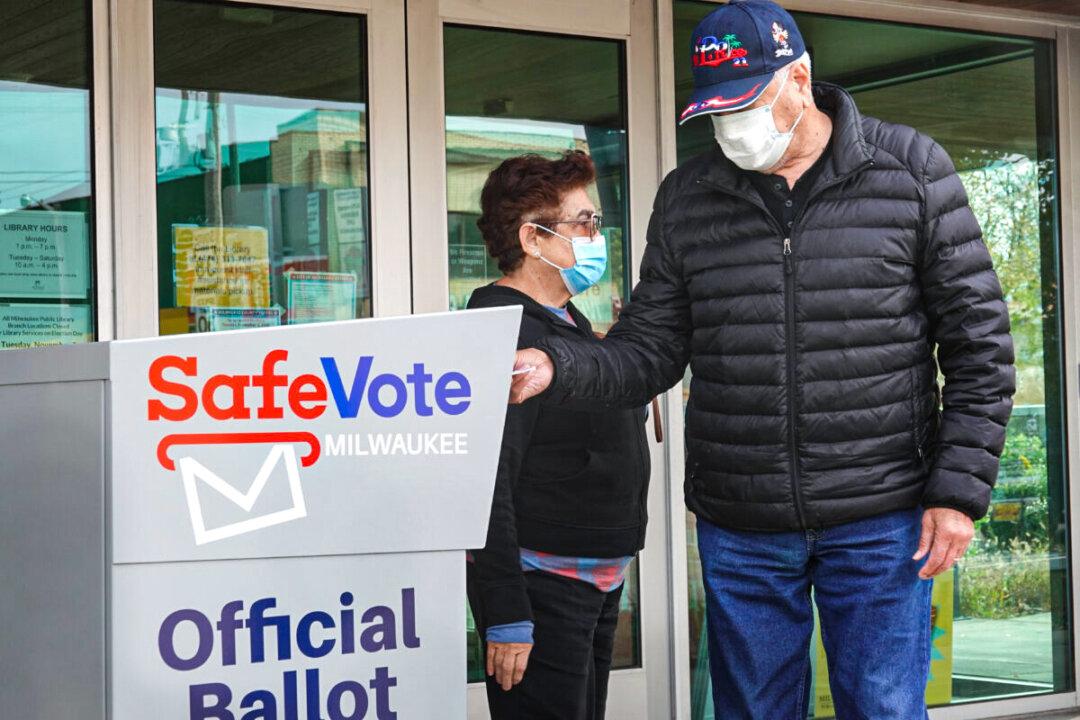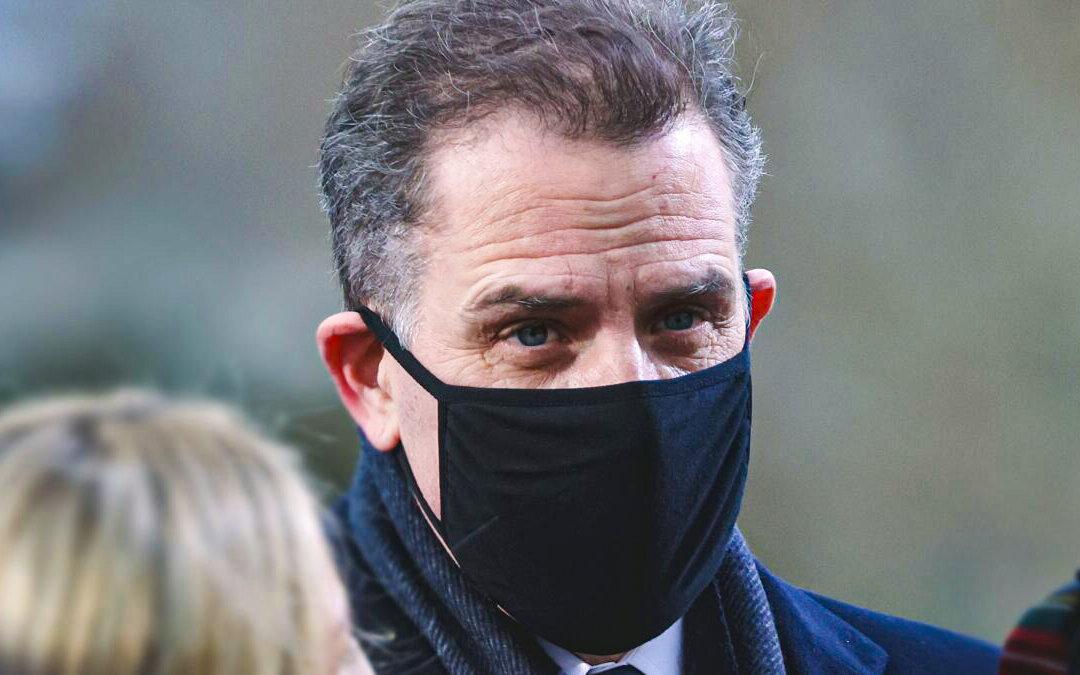Commentary
Remember Richard Gere? I certainly do. He was a huge star in the 1990s, playing memorable roles in such movies as “Pretty Woman,” “American Gigolo” and, last I recall, “Unfaithful.” Then, Gere largely disappeared. I noticed this, but never wondered why. Now I know. Gere got cancelled by Hollywood because of his criticism of Chinese regime tyranny.





